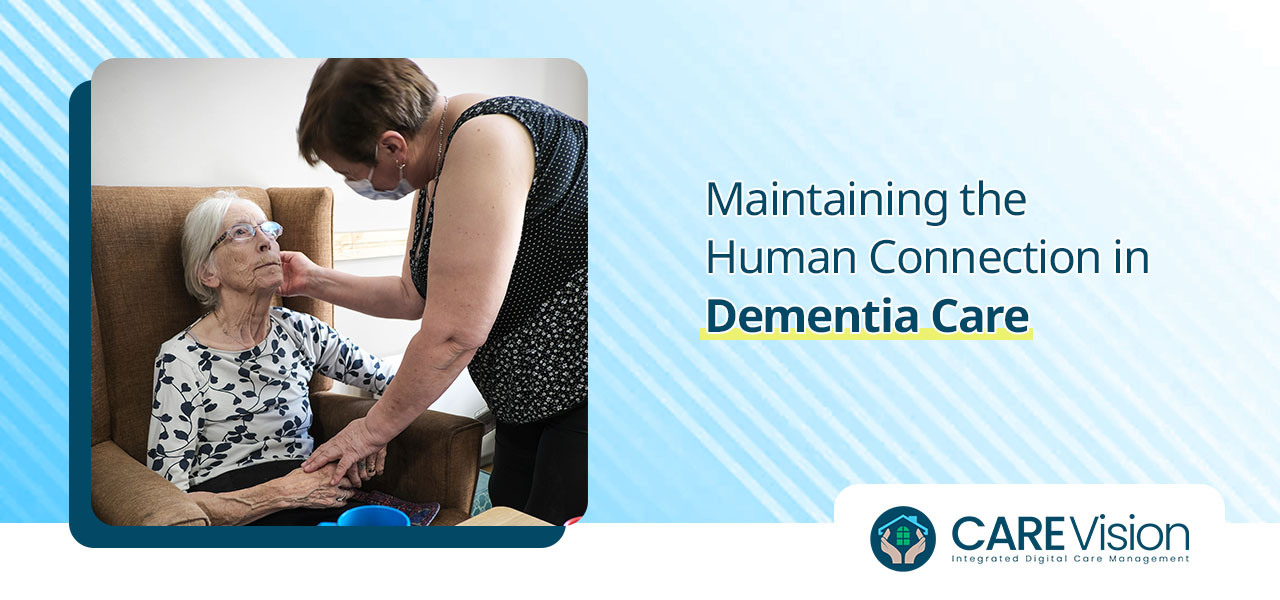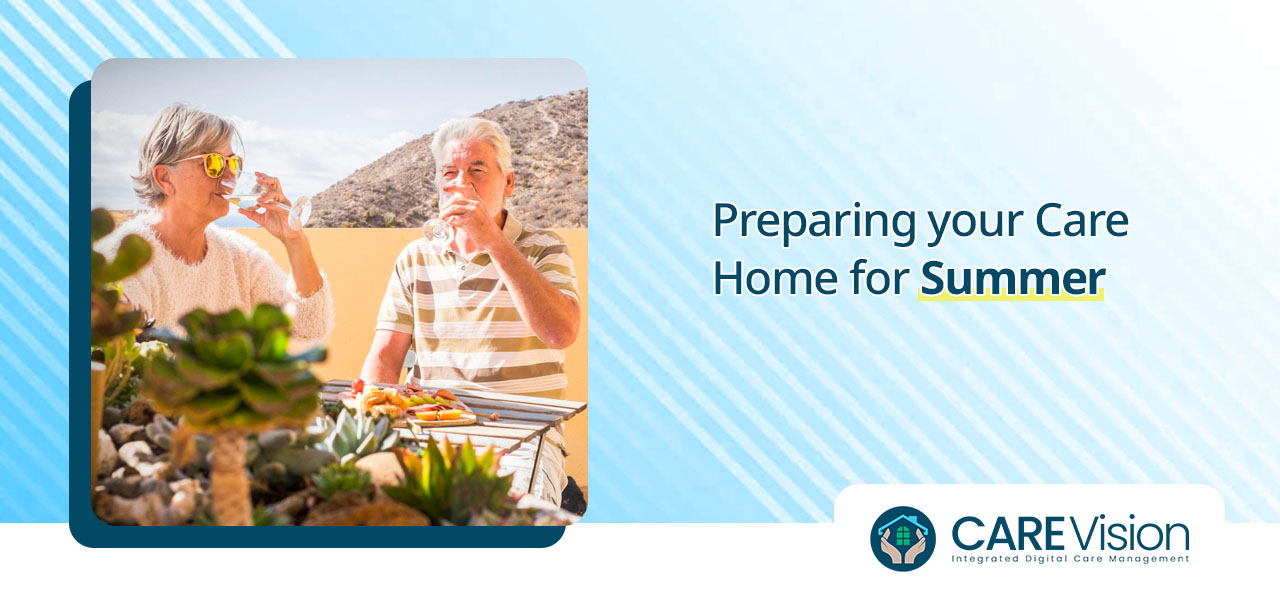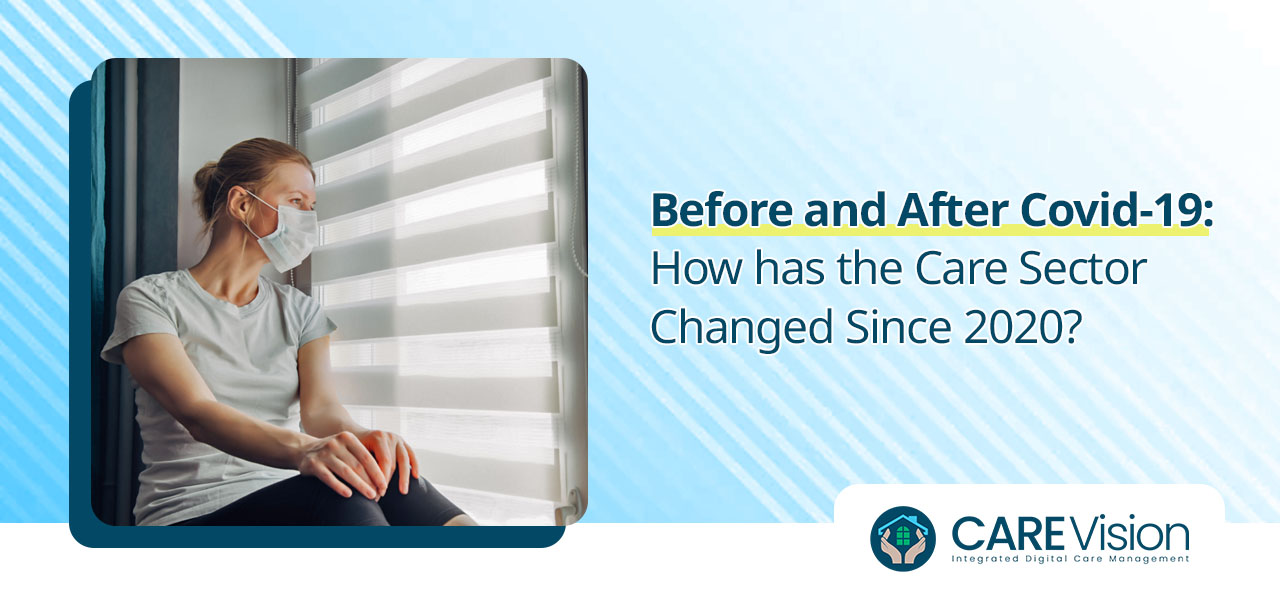Winter is almost upon us and with it comes colder temperatures, damper weather conditions and shorter daylight hours. This time of year also brings a higher prevalence of infections, viruses, seasonal coughs and colds. All of which can prove dangerous to vulnerable care home residents. The safety and wellbeing of your residents between now and the end of winter must, therefore, be a top priority for care home managers and their teams.
Hazards are not limited to illnesses and viruses, however. Darker afternoons and evenings can lead to increased trip hazards, as can settling snow and ice outside. Colder temperatures make it harder for residents to keep warm indoors and the reduced daylight hours can affect people’s moods, emotions and mental health. Here are some more health-related areas to watch out for this winter, and ways to help protect your residents and staff.
Warm and healthy habits
Encourage residents to stay warm this winter by following a few healthy habits. Wearing plenty of layers enables people to add or remove them as the temperature suggests. Serve plenty of hot drinks and at least one hot meal per day. Try to keep people active, even if it is some simply, light exercise such as walking from room to room. If going outside, wrap up warm with a coat, hat, scarf and gloves.
Avoid slips, trips and broken hips
Older and vulnerable residents may be more susceptible to slipping over on black ice, frosty surfaces or settled snow. This can lead to grazes, sprains and even broken limbs that take a long time to heal. Darker afternoons make it harder to see uneven surfaces underfoot too, including indoor trip hazards such as rugs, trailing wires and boxes left on the ground. Make sure there is adequate lighting available indoors for people to see where they are walking and rails available to grab hold of, if anyone feels the need to steady themselves.
Medications and vaccinations
Winter is the season for increased occurrences of flu and other viruses. We have also not seen the back of Covid-19 yet, so keeping on top of vaccinations for care home residents is vital. Make sure everyone is booked in to receive the vaccines they are eligible for. Check medications are still relevant and useful for residents, and that their health is not being compromised by the colder temperatures or increased damp of winter. Treat minor illnesses, such as coughs and colds, immediately to prevent them from becoming more serious further down the line.
Welcoming winter visitors
Care homes were required to restrict the number of visitors they welcomed during the Covid-19 pandemic. While this was distressing at the time, it taught us several lessons in terms of managing visitors and helping to ensure that they do not bring infections into the home. Increased hygiene protocols, including testing in advance of a visit, using hand gel and even wearing PPE can help keep vulnerable residents safer in the winter when viruses and infections are more likely to affect them. Take care to keep visitors safe too by providing adequate lighting from the car park into the building to avoid trips and falls and informing them of any infectious outbreaks inside the home before they arrive, wherever possible.
Keep tabs on vulnerable residents
Keeping track of the health and wellbeing of residents is essential all year round. However, in the winter, health can deteriorate rapidly. Viruses can affect overall health, or exacerbate existing medical conditions. Trips and slips can lead to accidents and emergencies where hospital visits become necessary. Wetter weather conditions can have an adverse effect on certain conditions that increase pain and discomfort levels in affected residents. Use a digital care management system to document health changes, incidents, medication changes and treatment plans to ensure that all residents receive the care and medical attention they need to thrive all winter long.
Mood motivators
Darker days, cooler temperatures and inclement weather can all have an effect on people’s moods. Seasonal Affective Disorder (SAD) is a recognised mental health condition. Fewer daylight hours lead to lower levels of serotonin being absorbed and sleep patterns disrupted. Daylight simulation lamps can help, as can counselling, physical activities and short trips outside to allow as much exposure to sunlight as possible. Apart from SAD, people can also feel affected by the run-up to Christmas, which is not an easy period for everyone to navigate. Keep a close eye on residents at this time of year and take action if you spot signs of anyone struggling with their emotions or mental health.






